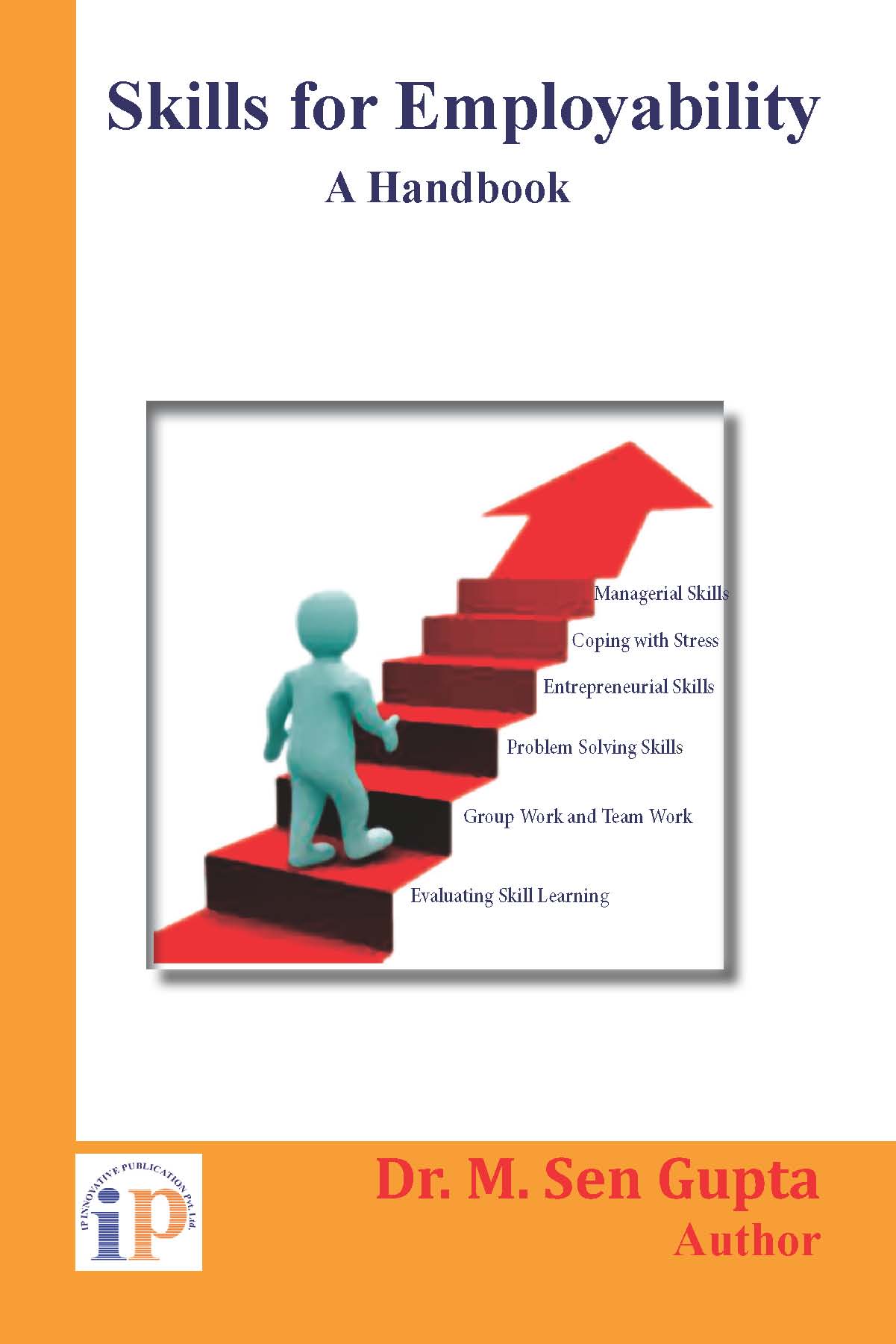Skills for Employability
no information available
People in general and youth in particular are concerned today about the quality and job relevance of education and training being offered in schools, colleges and institutions of skill learning. Professionally trained trainers for skill development, pedagogically sound training materials, appropriate training methodology and of course quality of infrastructure and learning environment are the indicators which require special attention. There is a need to initiate research for identifying and classifying different employability skills specific to Indian employers and employing agencies.
There are innumerable instances when employers expressed dissatisfaction with the skills, especially the employability skills of the aspirants for variety of jobs in industry, business and the service sector. Further, as rightly pointed out in NPE (1986) there is mismatch between demand and supply of skilled manpower. NASSCOM-McKinsey (2005) in its report states that only 25% of fresh engineers and 10% of fresh graduates are employable. In order to address these issues the challenge before the education and training system is to comprehensively identify the employability skills and create a cadre of quality trainers who can develop and use appropriate training materials and methodology for producing professionally oriented intelligent middle level skilled manpower who are proficient in both hard and soft skills.
Recently the National Skill Development Agency (NSDA) was notified by the Government of India through a gazette notification dated 6th June, 2013. NSDA is an autonomous body of Ministry of Skill Development and Entrepreneurship, which will coordinate and harmonize the skill development efforts of the Government and the private sector to achieve the skilling targets of the 12th Plan and beyond and endeavour to bridge the social, regional, gender and economic divide. NSDA is in the process of developing a National Quality Assurance Framework (NQAF).
In view of the above concern and discontent the book in hand has been planned and presented in two sections. Section 1 is the foundational section. This section divided into six chapters establishes the importance of skills in working life, describes competencies required by a global work force, defines the skills, lists the different types of employability skills, analyses the process of skill development and explains the pedagogy of learning skills including how to evaluate these skills. The theoretical description has been interspersed with practical examples, hints and suggestions to make it simple and easily understandable by trainers, educators and job seekers in general.
Section 2 has been specially designed to give a feel of a variety of employability skills. These are exemplars and not exhaustive. The idea is to pick and choose as per the nature of work and need of trainees. However, the writer is of the opinion that field researches are necessary to identify the employable skills. This process of identification in the changing job market scenario will have to be a continuous process. Most of the literature available on employability skills is from countries like USA, UK and Australia. Hardly any worthwhile research has been done in this context from the point of view of Indian job market. Both hard skills and soft skills need to be probed comprehensively to have authentic information from employing agencies and employers in India.
In this age of global and open market economy the country requires specifically skilled manpower in different sectors of economy that can compete globally in production, distribution and in the retail sector including the ever expanding service sector. In this book therefore, an attempt has been made to comprehensively deal with skills, skill learning and lucidly explain the methodology of skill development. Language has been deliberately kept simple so that people involved in skill development at every level can easily understand and can apply the principles in day to day training situations. It is hoped that the material given in the book will be useful to those who are engaged in planning and executing skill development in different areas of work.
Bringing out the book in the present form could not have been possible without the divine inspiration and blessings of the almighty. Further, I am extremely thankful to my wife Shaon, my two sons Satyajit and Shivaji who have given their whole hearted cooperation in preparing the manuscript. I shall be failing in my duty if I do not mention my grandsons Saarthak and Rishaan who allowed me to work even late at night.
I must express my deep sense of gratitude to KIIT and its founder Shri B.R.Kamrah Ji who has been constantly motivating and inspiring me to achieve the best. Dr. Harsh Vardhan, CEO, KIIT and Dr. Neelima Kamrah, Registrar, KIIT deserve special thanks for their continuous support and encouragement. Prof. S.S. Agrawal, Director General, KIIT World of Education, Shri S. N. Jindal, Former DG, STPI and veteran educationists Prof. P.S. Grover and Prof. L.C. Singh have given constructive suggestions and sincere advice as and when I approached them. Last but not the least I am thankful to Shri Rakesh Pandit of Innovative Publishers for his quick and positive response in getting the book published.
... Read more Read less










